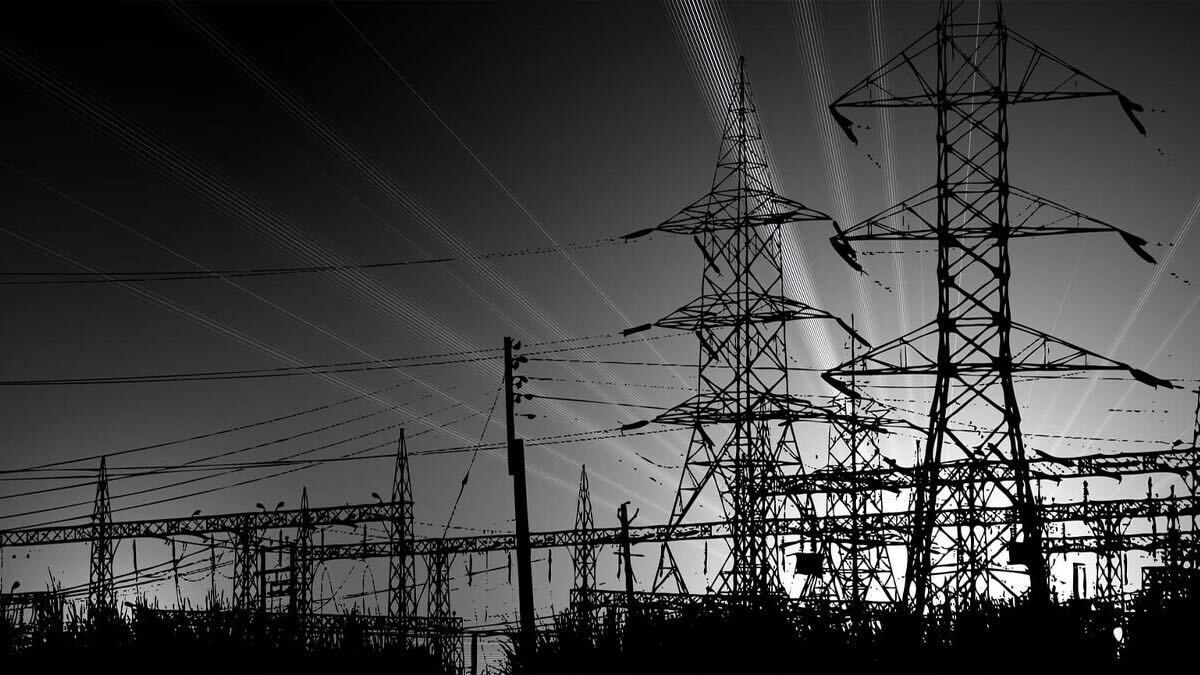
electricity woes spark protests and conversations
In numerous countries around the world, electricity problems have sparked protests and demonstrations. These issues have led to public outrage in places like Venezuela, Chile, Brazil, and many others. Pakistan is also experiencing a similar situation due to rising prices and inflation. Which affects the lives of many.
In Pakistan
The cost of essential items like wheat, gas, tea, rice, and sugar has skyrocketed. For instance, the price of wheat has gone up by a staggering 130% in just one year. Gas bills have surged by 108%, while tea and rice prices have climbed by 90% and 80% respectively. Amidst this challenging environment, the recent electricity bill for July has added to the burden. It’s hard for people to even buy basic necessities.
It’s surprising to know that a significant portion of the electricity bill isn’t related to actual consumption. Only 20% of the bill covers electricity usage, while taxes make up 30%, and a substantial 50% is due to ‘government inefficiencies’.
Back in 2008
The circular debt within the electricity sector in Pakistan was Rs100 billion, in 2023, this amount has shockingly risen to Rs2,400 billion. This enormous increase underscores the responsibility shared by successive governments over the years for the ongoing crisis.
The protests in various countries have demonstrated that even nations rich in resources can struggle with managing their energy sectors. Mismanagement and corruption can lead to unreliable energy supply, high prices and public frustration. This frustration often extends beyond electricity issues, reflecting a broader dissatisfaction with governance quality.
In Pakistan rising inflation is further straining people’s finances, making it hard for them to afford essentials. The steep increase in prices for items like petrol, diesel, wheat, and more has created a sense of economic anxiety. The surge in the July electricity bill acts as a symbol of the financial pressures many Pakistanis are facing. Which leads to many tragedies.
Read More: Addressing Inflated Electricity Bills: Former Leaders Suggest Solutions for Immediate Relief
Globally Effect
These electricity related protests highlight the connection between economic pressures and governance shortcomings. Pakistan’s situation reflects this trend, where economic strains and high utility bills are testing citizens’ patience. To address this crisis and prevent social unrest, comprehensive measures are needed. From energy sector reforms to improved governance, a holistic approach is essential.
The electricity bill serves as a reminder of the interplay between economic difficulties and citizen demands for accountability. Addressing these challenges is crucial for Pakistan to ensure stability and well-being for its people.



